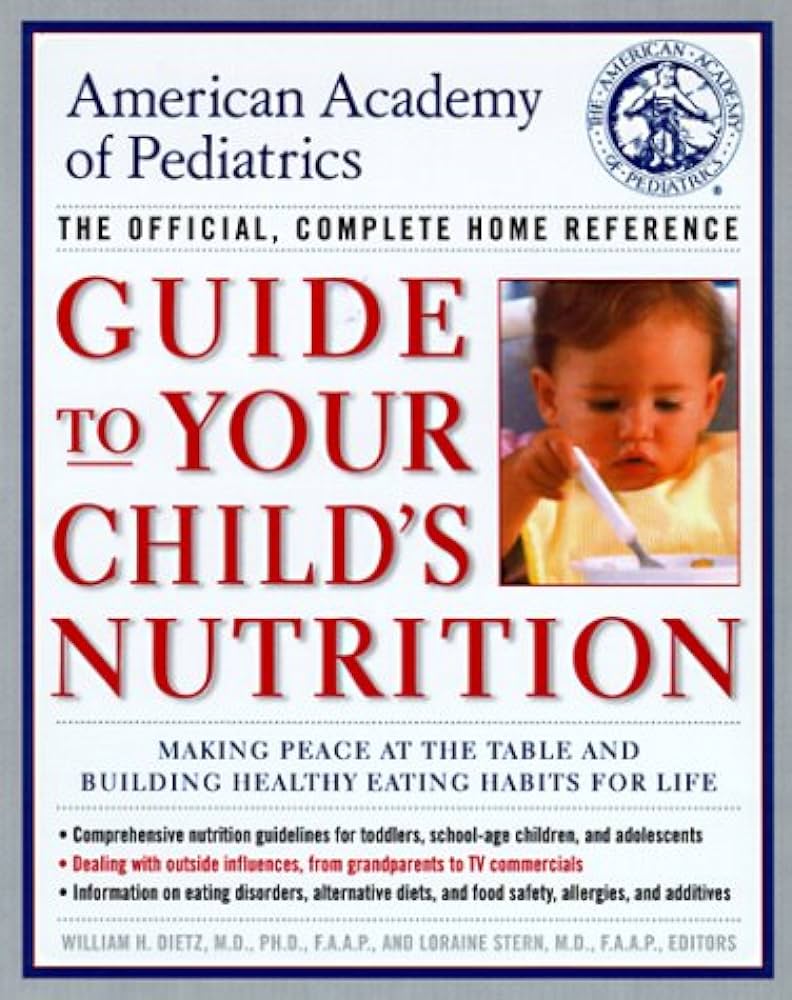Introduction
Are you looking to improve your eating habits and lead a healthier lifestyle? Look no further! In this comprehensive guide, we will delve into the world of nutrition and provide you with all the essential information you need to start eating well. Whether you are a beginner or someone who wants to refresh their knowledge, Nutrition 101 is here to help you make informed choices about your diet.
1. Understanding the Basics of Nutrition
Proper nutrition is essential for maintaining good health and overall well-being. It involves consuming a balanced diet that provides the necessary nutrients, vitamins, and minerals required by the body to function optimally.
1.1 Macronutrients
Macronutrients are the major nutrients needed in large quantities by the body. They include carbohydrates, proteins, and fats. Carbohydrates provide energy, proteins are essential for growth and repair, and fats play a role in hormone production and insulation.
1.2 Micronutrients
Micronutrients are required in smaller amounts but are equally important. These include vitamins and minerals that support various bodily functions, such as bone health, immune system function, and energy production.
2. Building a Balanced Plate
A balanced plate consists of a combination of macronutrients and micronutrients. Here’s a breakdown of what your plate should ideally look like:
2.1 Fill Half Your Plate with Fruits and Vegetables
Fruits and vegetables are rich in vitamins, minerals, and fiber. Aim to include a variety of colors to ensure you get a wide range of nutrients.
2.2 Include Lean Proteins
Protein is essential for muscle growth and repair. Opt for lean sources such as chicken, fish, tofu, or legumes.
2.3 Choose Whole Grains
Whole grains provide fiber and essential nutrients. Opt for whole wheat bread, brown rice, quinoa, or oats instead of refined grains.
2.4 Don’t Forget Healthy Fats
Incorporate sources of healthy fats like avocados, nuts, seeds, and olive oil. These fats are important for brain health and hormone production.
3. Hydration and Its Importance
Staying hydrated is crucial for overall health. Water helps regulate body temperature, aids digestion, and transports nutrients throughout the body. Aim to drink at least 8 glasses of water per day.
Summary
Nutrition 101 is a comprehensive guide that aims to educate individuals about the importance of eating well. By understanding the basics of nutrition, you will be able to make healthier choices and improve your overall well-being. This guide covers a wide range of topics, including macronutrients, micronutrients, portion control, meal planning, and dietary guidelines. It also provides practical tips and strategies to help you incorporate nutritious foods into your daily routine. Whether your goal is weight loss, increased energy, or simply maintaining a balanced diet, Nutrition 101 has got you covered.
Click This Link g src=”https://images.everydayhealth.com/images/what-is-a-type-2-diabetes-friendly-diet-a-complete-guide-alt-1440×810.jpg” alt=”Image” />
- Q: What is nutrition?
- A: Nutrition refers to the process of obtaining and consuming food that is necessary for growth, development, and maintaining good health.
- Q: Why is nutrition important?
- A: Nutrition is important because it provides the essential nutrients, such as vitamins, minerals, carbohydrates, proteins, and fats, that our bodies need to function properly.
- Q: What are macronutrients?
- A: Macronutrients are nutrients that our bodies require in large amounts. They include carbohydrates, proteins, and fats, which provide energy and support various bodily functions.
- Q: What are micronutrients?
- A: Micronutrients are nutrients that our bodies need in smaller amounts. They include vitamins and minerals, which are essential for maintaining good health and preventing deficiencies.
- Q: How can I improve my diet?
- A: You can improve your diet by incorporating a variety of whole foods, such as fruits, vegetables, whole grains, lean proteins, and healthy fats. It’s also important to limit processed foods, sugary drinks, and excessive salt and sugar intake.
- Q: How much water should I drink?
- A: The amount of water you should drink depends on various factors, including your age, sex, activity level, and overall health. As a general guideline, aim to drink at least 8 cups (64 ounces) of water per day.
- Q: Are there any specific diets I should follow?
- A: The best diet for you depends on your individual needs and goals. It’s important to focus on a balanced diet that includes a variety of nutrient-dense foods. Consulting with a registered dietitian can help you determine the most suitable diet for your specific needs.
- Q: Can I get all the nutrients I need from food alone?
- A: In most cases, a well-balanced diet can provide all the necessary nutrients. However, certain individuals, such as pregnant women, older adults, or those with specific medical conditions, may require supplements. It’s always best to consult with a healthcare professional before starting

Welcome to my world of fashion, music, health, and dance! I’m Benjamin Sheridan, a passionate fashion blogger with a deep love for all things creative and inspiring. Through my website, I aim to share the latest metro fashion trends, introduce you to amazing indie music bands, provide valuable insights into health and nutrition, and explore the captivating world of dance.

